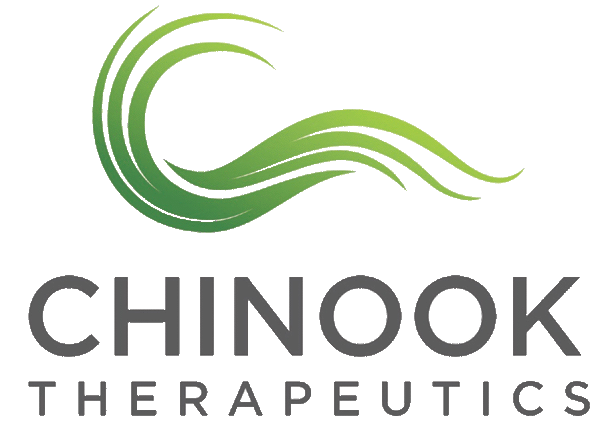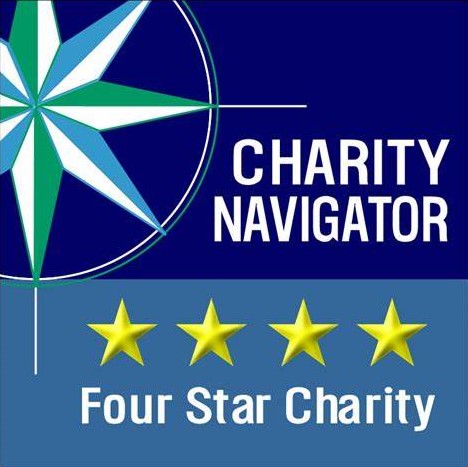[vc_row][vc_column][vc_btn title=”Download the Official Letter” color=”green” link=”url:https%3A%2F%2Faakp.org%2Fwp-content%2Fuploads%2F2017%2F06%2FAMERICAN-ASSOCIATION-OF-KIDNEY-PATIENTS-COPN-LETTER-SUPPORT-OF-GW-TRANSPLANT-INSTITUTE.pdf||target:%20_blank|”][/vc_column][/vc_row][vc_row][vc_column][vc_column_text][vc_row][vc_column width=”1/1″][vc_column_text]
[/vc_column_text][/vc_column][/vc_row]
Dr. LaQuandra S. Nesbitt Director
D.C. Department of Health
899 North Capitol Street, NE
Washington, D.C. 20002
Mr. Amha Selassie Director
D.C. State Health Planning and Development Agency
899 North Capitol Street, NE
Washington, D.C. 20002
Dear Dr. Nesbitt and Mr. Selassie:
As the volunteer leadership of the oldest and largest independent and patient-lead kidney advocacy organization in the United States, Mr. Richard Knight and I have prepared this letter independently to support the George Washington University Hospital Transplant Institute and their application under the Certificate of Public Need (COPN) process. Together, we share a deep mutual respect for your roles and responsibilities as public officials and the COPN process and have closely followed this particular issue over the past several years. We offer our comments as a matter of principle and to honor our mission to advocate for patient choice on behalf of the over 10,000 kidney patients we reach in this immediate region and the over 120,000 patients and care-giver members AAKP services nation-wide.
Both Mr. Knight and I are former kidney dialysis patients and current kidney transplant patients who have lived in the Washington, D.C. Metropolitan Region throughout our lives. Our professional backgrounds are rooted in national health policy and policy implementation at both the Federal and local level. We are each highly familiar with the issues surrounding cost-drivers within healthcare, access to high quality health services for historically under-served and minority populations, health professional and facility licensing and cutting-edge health quality metric development and assessment tools. We firmly believe the decision regarding the George Washington Hospital Transplant Institute application is of vital importance both to current and to yet-to-be diagnosed kidney patients in the District of Columbia, the surrounding region and across the country. In our opinion, Washington, D.C. must be a diverse center of transplant innovation and a destination of choice for transplantation services and the George Washington Hospital Transplant Institute plays a key role in achieving that imprimatur.
The application you are considering has immediate and long-term consequences for those in need of coordinated specialty care and transplantation expertise. This is particularly true for kidney patients during their battles with the early stages of kidney disease, patients seeking to move from dialysis treatment to transplantation as well as for patients who currently have a transplant but who often face life-threatening complications and illnesses as a consequence of immunosuppression. As a matter of patient choice and access to high quality transplantation services, we endorse the efforts of George Washington Hospital Transplant Institute to continue operations as a fully-authorized transplant center within the District of Columbia.
During our respective patient journeys, Mr. Knight and I have each been active consumers of healthcare in this region and have each experienced the unique pressures and concerns associated with deciding what medical institutions to utilize for life-sustaining and life-saving medical treatments. As we are certain you are each aware, kidney patients require unique cross disciplinary teams of medical experts to manage the multiple co-morbidities that accompany kidney disease and kidney failure. The more care options patients have, especially within their already established networks of medical experts, the more empowered a patient is to make decisions that best protect their life in a time of medical crisis.
We are deeply concerned that without the expanded capacity and expertise in transplantation services in this region offered by the George Washington Hospital Transplant Institute, current and future patients will not have the same level of quality and continuity of care that we were fortunate to receive early in our diagnosis and throughout our medical history.
Research conducted over the past five years by the National Institute of Diabetes and Digestive and Kidney Diseases (NIDDK) at the National Institutes of Health (NIH) as well as the American Society ofNephrology (ASN) has clearly shown that incidences of kidney disease and kidney failure are accelerating at an alarming rate. This is especially true within the African American, Hispanic American, Asian American and Native American communities. Even more alarmingly, within these respective communities, the disease is occurring at much younger age. AAKP has committed substantial resources to patient and care-giver education on kidney disease and treatment, especially the benefits of transplantation. Organ transplantation, for eligible patients, remains a far superior option for treating kidney failure with higher long-term health outcomes and far lower mortality rates than dialysis treatment. But the fact remains that in many areas of the country, choices in access to high quality transplantation services among those most at-risk for kidney failure and for those who are at lower-income levels remains a significant barrier to long-term kidney disease survivability.
The rate of innovation and applied research in organ transplantation is accelerating at a phenomenal speed. We believe it would be a serious mistake to limit the capacities and experts available for excellent immediate and future kidney treatment in Washington, D.C. relative to the current and projected pace of advancement in medical innovation, diagnostics, biologics and devices. We strongly encourage you to consider the patient-perspective across all aspects your deliberations and throughout the approval process. Over the past ten years, health policy-makers across our country have moved to substantively elevate and incorporate patient viewpoints and experiences. The greater emphasis on patient-centered innovation, patient-centered outcome research, patient-driven quality metrics and patient-centered care coordination models is a testament to this evolution in healthcare policy decision-making. We believe a commensurate level of concern for patient preferences should be fully incorporated in deliberations that expand capacities and access to top quality transplant programs, including those offered to the local community by The George Washington Hospital Transplant Institute.
We are optimistic about the outcome of your process and your final decision because we know the capacity of government leaders to empathize and listen to patient concerns. AAKP was founded in 1969 by six pioneering dialysis patients at Kings County Hospital in New York. They understood that the treatments they were receiving were life-saving and believed others at-risk of kidney disease and organ failure should have the same access to treatment – and the same opportunity to live – as they had been afforded, regardless of race, income or geographic area.
Due to their activism, just three years later, the United States Congress approved legislation in 1972 that created the End Stage Renal Disease (ESRD) program to provide dialysis coverage for those suffering from kidney failure. That historic vote came after an AAKP patient was dialyzed in front of the U.S. House Ways and Means Committee.
Today, AAKP is widely respect at every level- local, state and Federal – for expertise on the long-term implications of kidney disease and benefits of organ transplantation therapies across all demographics and populations. We are known for our objective and constructive strategy of patient-engagement with government officials. Within the Executive Branch, AAKP works closely with Federal agencies responsible for organ transplantation research, healthcare quality assessments and reimbursement policies, especially those that impact kidney patients and care centers. These agencies include the Center for Medicare and Medicaid Assistance (CMS), the Centers for Disease Control (CDC), the Food and Drug Administration (FDA), the CMS Center for Medicaid and Medicare Innovation (CMMI), the National Institutes of Health (NIH), and the National Institute of Diabetes and Digestive and Kidney Diseases (NIDDK). Within the U.S. Congress, AAKP elevates kidney disease issues with individual Senators and Congressional leaders, key Senate and House Committees as well as the Government Accountability Office (GAO) and the Congressional Budget Office (CBO).
AAKP will continue to monitor this issue very closely since believe we have a tremendous duty to provide a clear and definitive patient perspective in support of the George Washington Hospital Transplant Institute application. We will continue to update our national and regional members as well as our allied kidney organizations on this issue moving forward. If we can provide you with any other information, please contact us at (202) 276-6199.
Respectfully,
Paul T. Conway
President
Richard A. Knight
Vice President & Chair of Public Policy






























